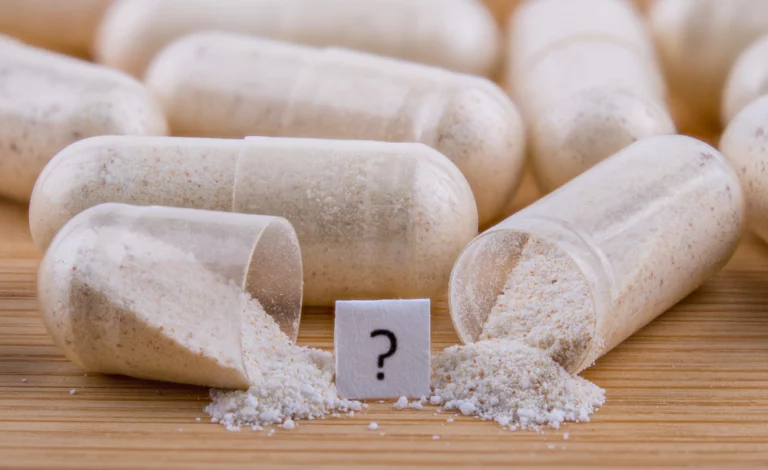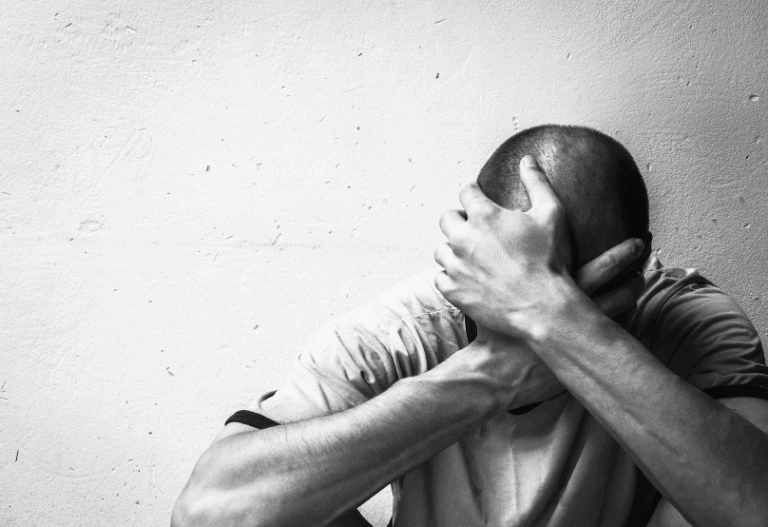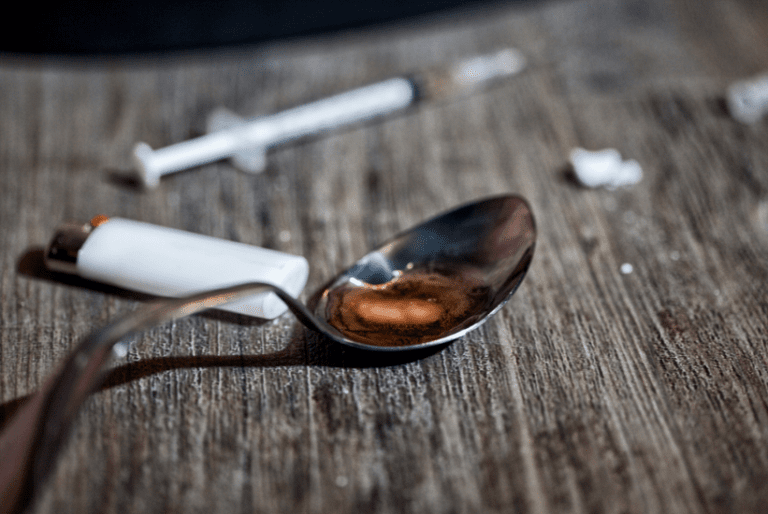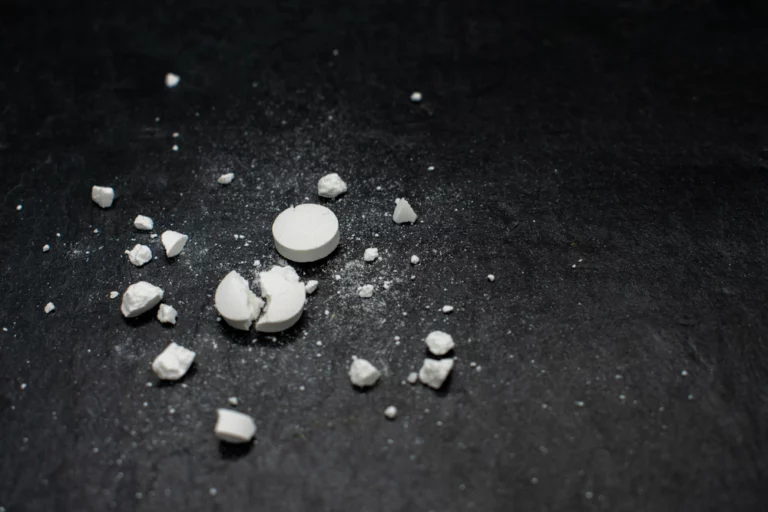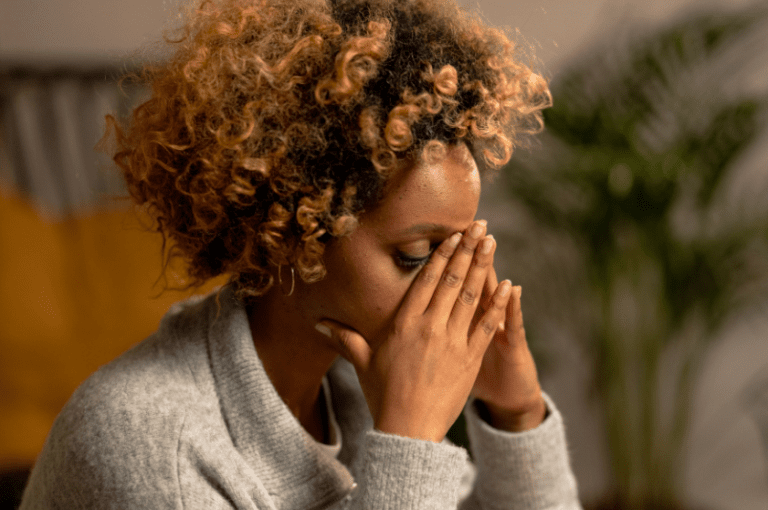5 Ways to Prevent a Cocaine Relapse
Cocaine is a highly addictive substance and, unfortunately, relapse is not uncommon. It’s important not to shame someone you care about for relapsing since that does not help fix the situation. The person is inevitably already extremely ashamed and upset with themselves. What is important is to take steps to move forward and find a way back to sobriety.
The goal is to prevent relapse in the first place. That’s why, at Oasis Recovery, we work hard to ensure lasting recovery. There are many techniques that we have developed to help our clients learn the life skills necessary to thrive in their everyday lives without seeking to self-medicate with cocaine or other substances. Learning healthy habits in the safety and security of our treatment center provides clients with the tools they need to prevent relapse. Reach out to Oasis Recovery to speak with a specialist about our methods for cocaine relapse prevention.
5 Ways to Prevent a Cocaine Relapse
1. Complete Your Treatment Program
If a client leaves treatment early, they put themselves at risk for relapse. At (Facility Name), we do our best to ensure clients feel safe and comfortable as they complete their personalized treatment plan that has been tailored to individual needs with the assistance of our expert medical practitioners.
Our doctors will go out of their way to assist any client that is struggling. Keep in mind that we can always adjust your treatment plan as needed. What is most important is that our clients remain in treatment until they complete their program so they are not at risk of returning to negative thought patterns or problematic behaviors that can lead to relapse.
2. Mental Health Counseling
Counseling is a useful resource during treatment and should be continued afterward to ensure clients remain on the right track. Therapy sessions provide an opportunity to check-in and are a source of accountability. Your therapist can make you aware of signs that you seem to be engaging in negative thought patterns or putting yourself in situations with high-risk triggers that could put you at risk for relapse. Counseling is an opportunity to continue your growth and can help you maintain a sense of well-being as you continue to pursue lasting sobriety.
Common mental health counseling techniques include:
- Individual therapy
- Cognitive-behavioral therapy (CBT)
- Dialectical behavior therapy (DBT)
- Trauma therapy
- Group therapy
- Family therapy
3. Aftercare Services
Aftercare is an essential part of the recovery process. At (Facility Name), our clients work alongside their healthcare team to determine a sensible aftercare plan.
A benefit to treatment with (Facility Name) is the opportunity to learn from peers who have experienced similar issues. One of these individuals may be available to help sponsor you after you complete your stay at our facility. You can find sources of inspiration and a support network that can be called upon for or otherwise be a source of support when you experience high-risk triggers in real-world situations. A larger safety net helps decrease the likelihood of relapse.
4. Develop a Hobby
In recovery, you may discover you have more free time on your hands. This can be risky. You need to find healthy ways to use your downtime. Reflect on areas of interest that are a constructive and healthy use of your time and energy. Developing a new hobby or rekindling interest in an old hobby is a terrific way to keep you occupied while finding a sense of fulfillment in sober living.
Hobbies to consider may include:
- Join a reading group
- Learn to play a musical instrument
- Yoga
- Cooking
- Writing or journaling
- Visual art
- Swimming
- Vocal lessons
- Indoor rock climbing
- Volunteering
- Martial arts
5. The Value of a Support Group
12-step meetings and related support groups are a reminder that you are not alone. There are others out there struggling to get through one day at a time. Attending regular meetings can give you a sense of stability, provide a source of inspiration, and remind you of worst-case scenarios if you relapse or begin to engage in problematic thinking and behaviors. Your support group can hopefully provide you with ideas for growth as you continue your personal journey in recovery.
Reach Out to Oasis Recovery about Cocaine Relapse Prevention
Relapse poses one of the most serious risks to your health and well-being. If you or your loved one is showing signs that they are struggling to maintain sobriety, we encourage you to reach out to Oasis Recovery for information about our cocaine recovery treatment programs including a partial hospitalization program (PHP) and intensive outpatient program (IOP). Reach out today to speak with a specialist to learn more about resources and treatment options for relapse prevention.






